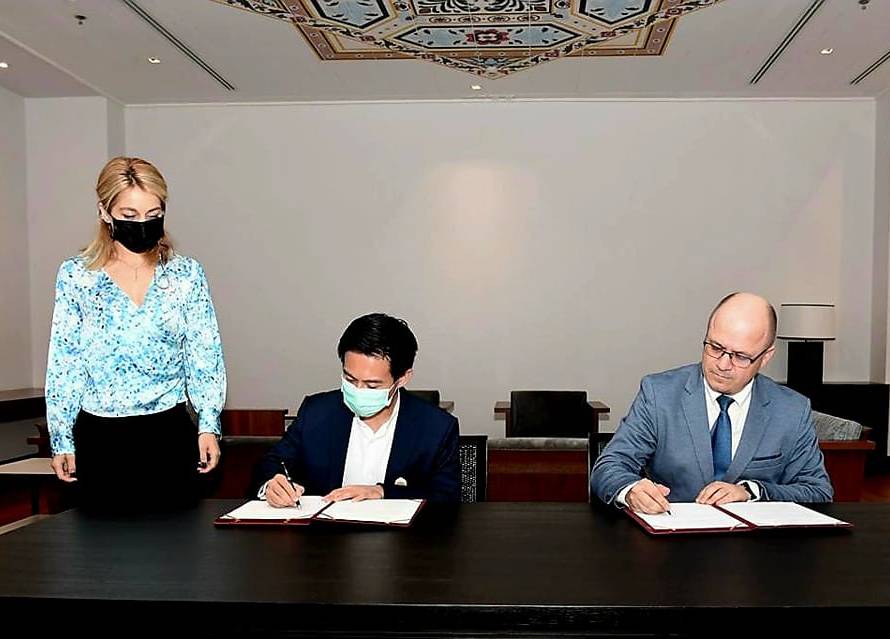The world of business meetings and work travel is changing fast, and two phenomena are drawing companies’ attention: vacations attached to business trips and quietly working from holiday destinations. The first case, known as “bleisure,” means the employee officially extends a work trip with a few days of rest, with the company’s approval. The second—“hush trip”—describes someone working remotely from an exotic location without the employer knowing they’re not actually at home. Both practices can lift morale and spark creativity, but they also open a serious list of questions about safety, insurance, and responsibility.
A real story shows how quickly things can get complicated. A manager on a short vacation after a business meeting in Vietnam was involved in a taxi accident. Nothing unusual at first glance, but a chain of problems appeared immediately: a language barrier, difficulty finding an appropriate medical facility, the need to arrange transport to a better-equipped clinic, and, above all, uncertainty about the insurance policy. Was the incident covered if it happened during the leisure part of the trip rather than on work days? Who approves and who pays? Such seemingly small questions can turn a manageable situation into a costly crisis.
The first lesson follows naturally: insurance rules must be understood in detail. Many policies distinguish between what happens during working hours and what happens outside them. If a company openly allows employees to extend trips with a few days of relaxation, it’s wise to pair that approval with written clarity: what the insurance covers, for how long, under what conditions, how an incident should be reported, and what documents are needed. In the case of “hush trips,” when an employee doesn’t disclose where they’re working from, even bigger dilemmas arise: how can a company fulfill its duty to protect its people if it doesn’t know where they are?
Secondly, not all travelers are the same. A chief executive faces different risks than someone at the start of their career, and a person already living in the country has different needs than a first-time visitor. That’s why company plans should consider role, experience, age, and local context. This isn’t about scaring anyone, but about preparing with a clear head: basic information about the area, medical contacts, simple rules for unexpected situations, and a person you can reach for help at any hour.
No matter how varied the destinations, three risks show up almost everywhere. The first concerns health: from minor issues to emergencies that require quick transport to a better facility. The second is how you protect your personal information and the company’s, because public internet networks can be easy targets. The third is readiness for unexpected events, from severe storms to tense social situations. A good plan considers all of these and explains clearly what each person has to do.
The legal side is another sensitive point. Travel policies for newer generations need to be written in plain language and reviewed with legal counsel. Posting a document on the intranet isn’t enough. People should know what is and isn’t covered, how to request approval for adding vacation days to a trip, how to report working “from somewhere else,” and what happens if someone chooses not to say where they are. Companies have obligations to care for employees, but they also must respect privacy; the balance comes only from clear rules, explained patiently.
The experience of recent years also keeps health readiness on the agenda. Even if we don’t expect another major wave anytime soon, it’s wise for companies to keep a few good habits: updated contact lists, simple procedures for rescheduling, flexible options for remote work, and open communication about changes in the destinations being considered.
Finally, younger workers are pushing companies toward more flexibility. Many early in their careers want solid insurance, round-the-clock support, and the freedom to combine work with discovering the world. At the same time, employers need transparency: to know where their people are so they can help when needed and respect the rules of the countries they visit.
Taken together, the picture isn’t discouraging—it’s one of growing up. Business travel can remain a source of energy, ideas, and relationships if it’s planned with care. A written agreement for vacation attached to a work trip, honest disclosure about where you’re working from, an insurance policy both sides truly understand, and a few “dry-run” scenarios can make the difference between a great adventure and a situation that gets out of hand. The MICE industry is, at its core, about bringing people together. The clearer, more attentive, and more sincere we are in how we organize these moments, the more good stories we’ll bring home.



